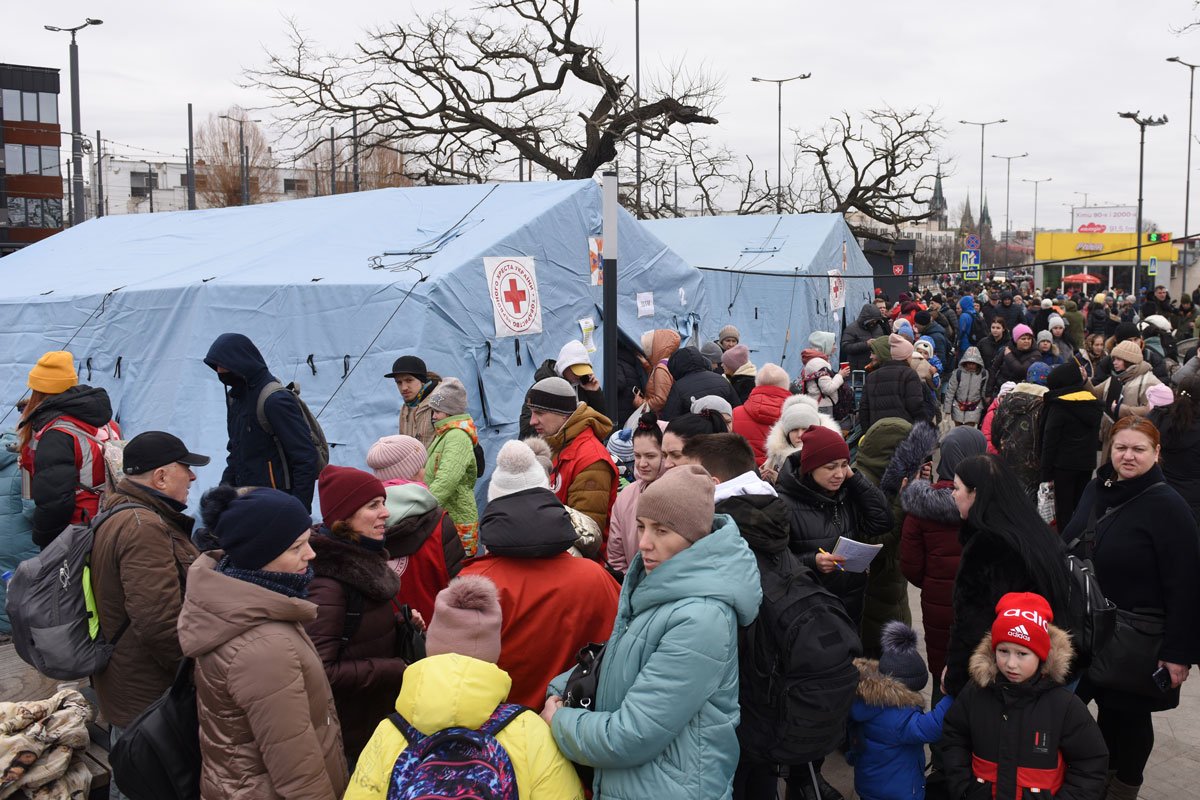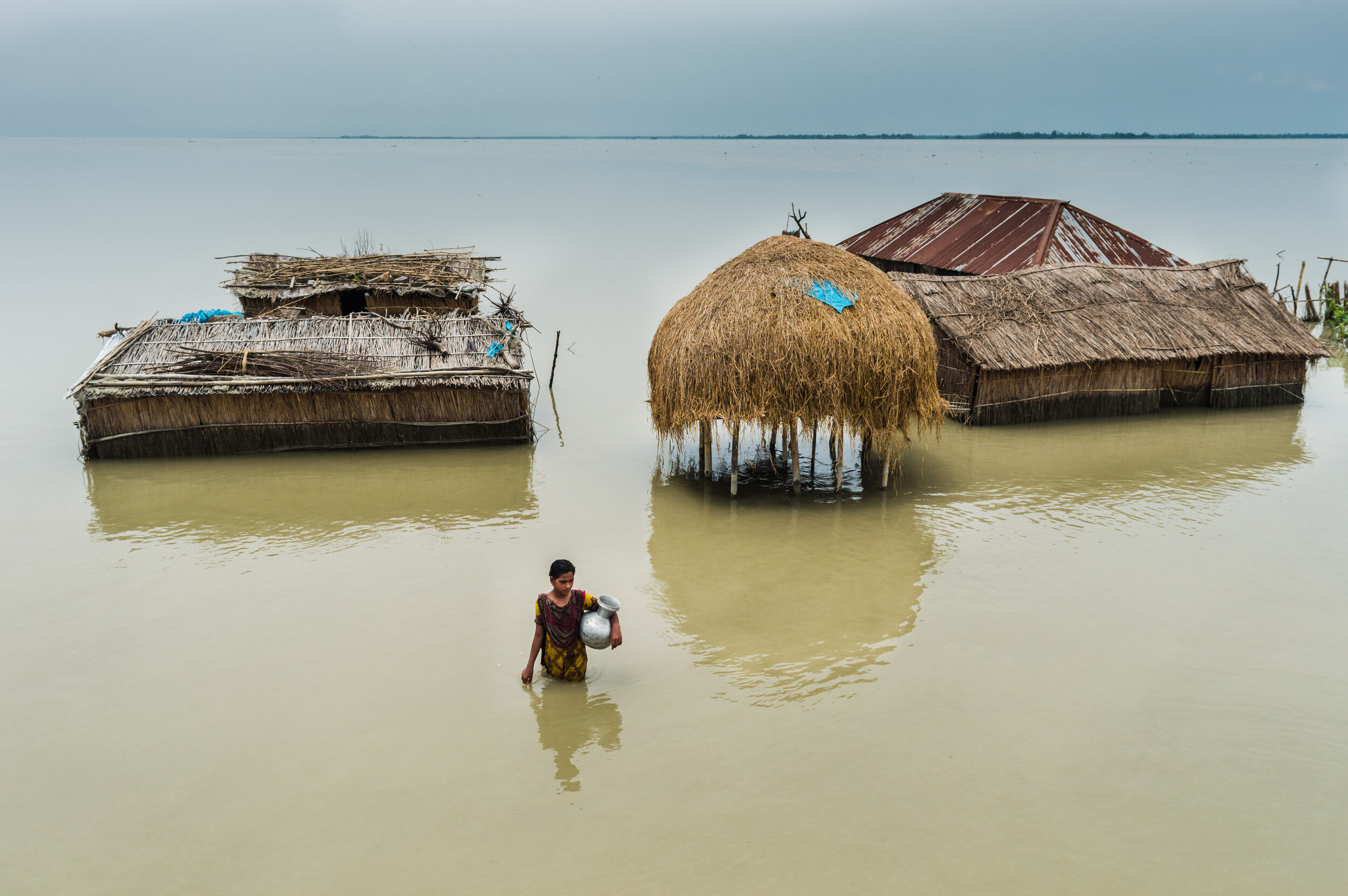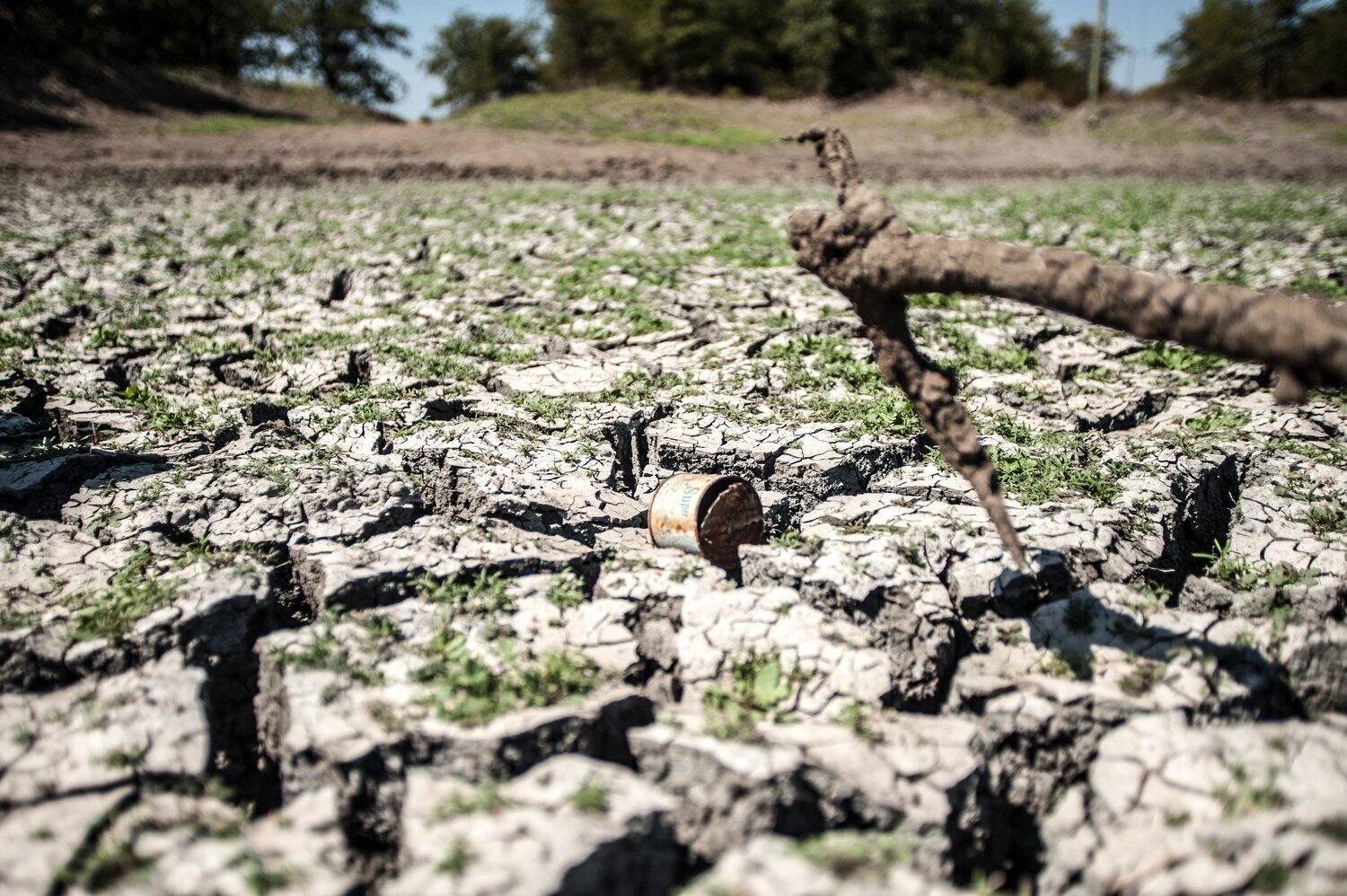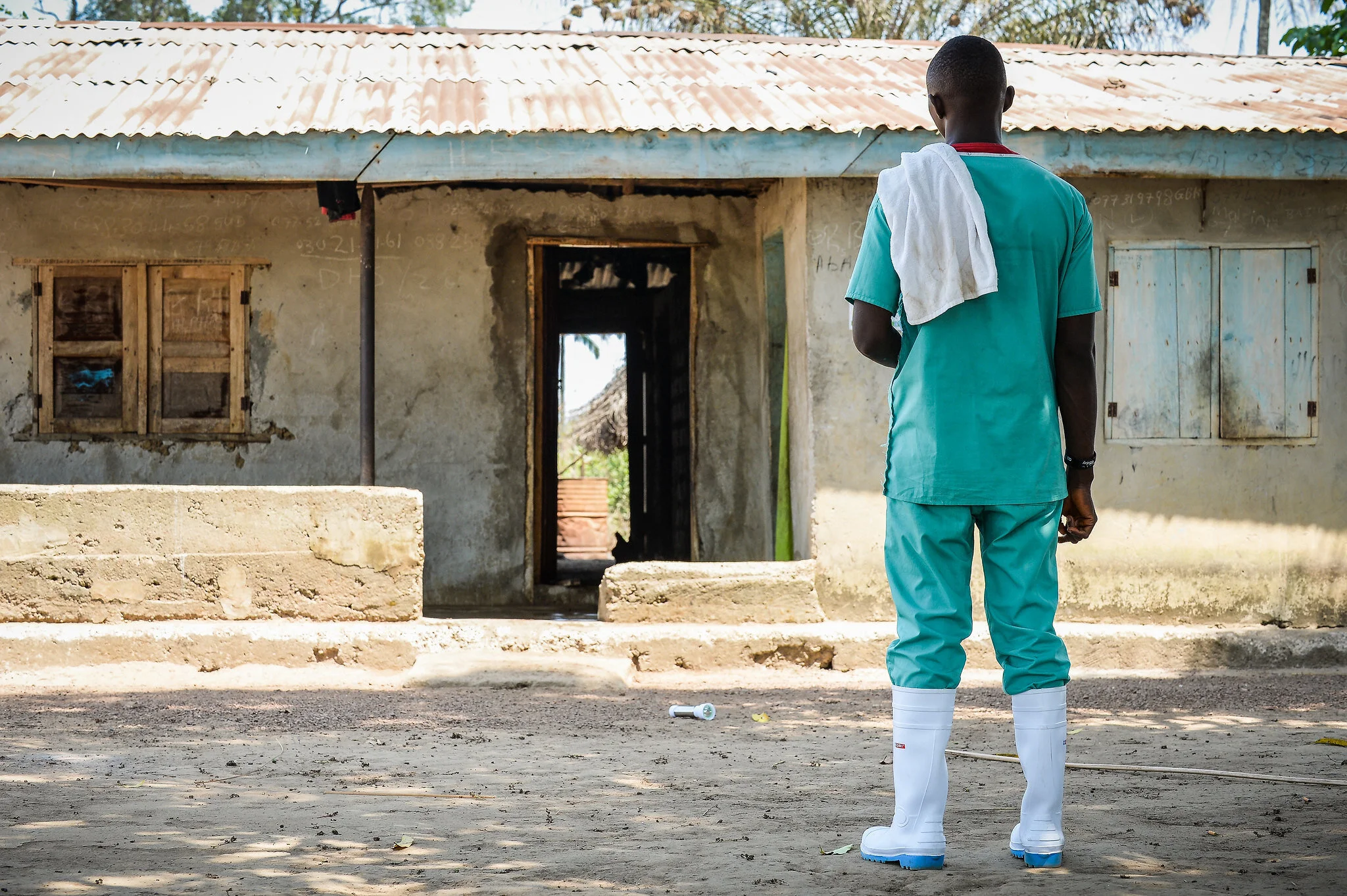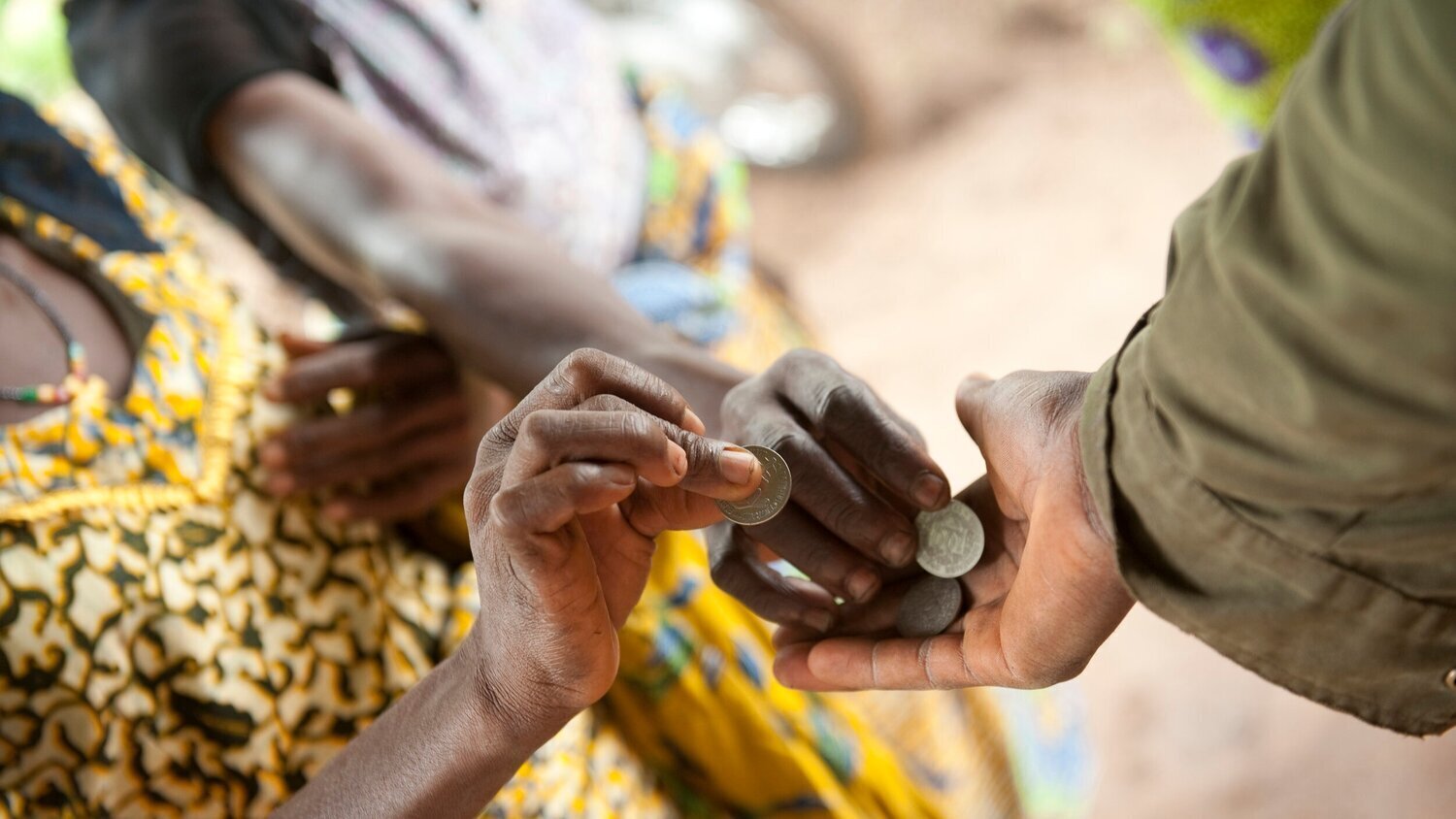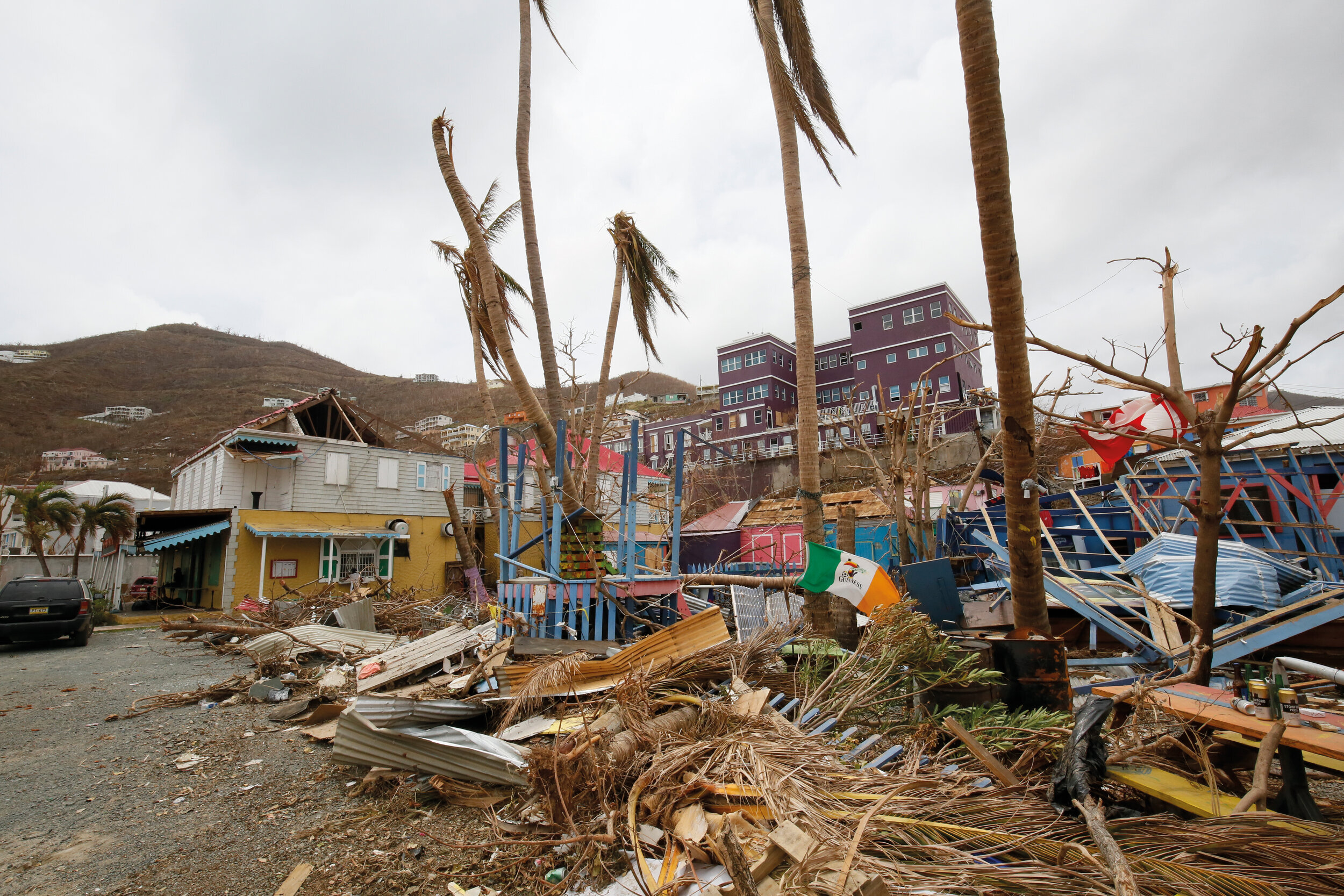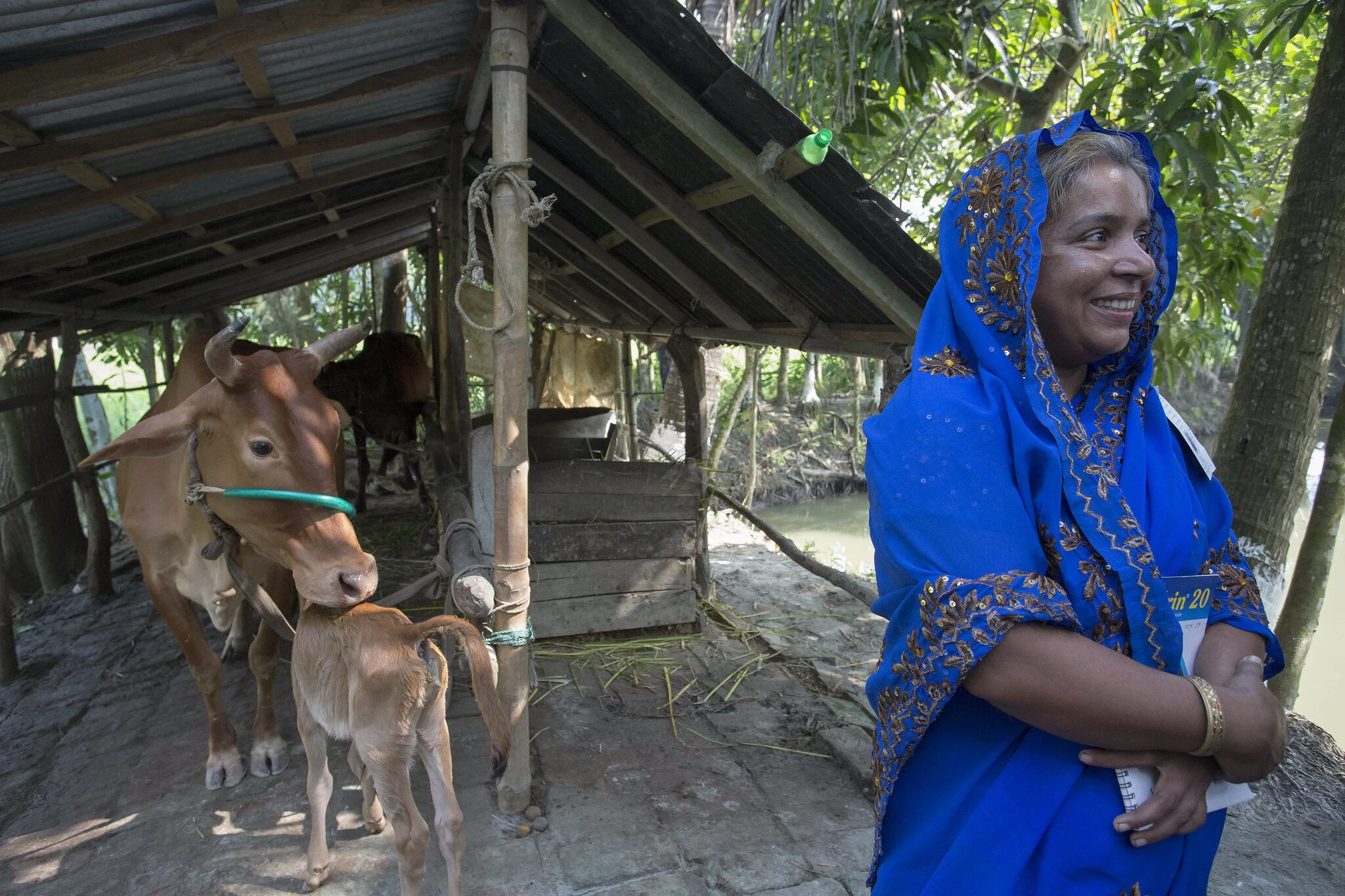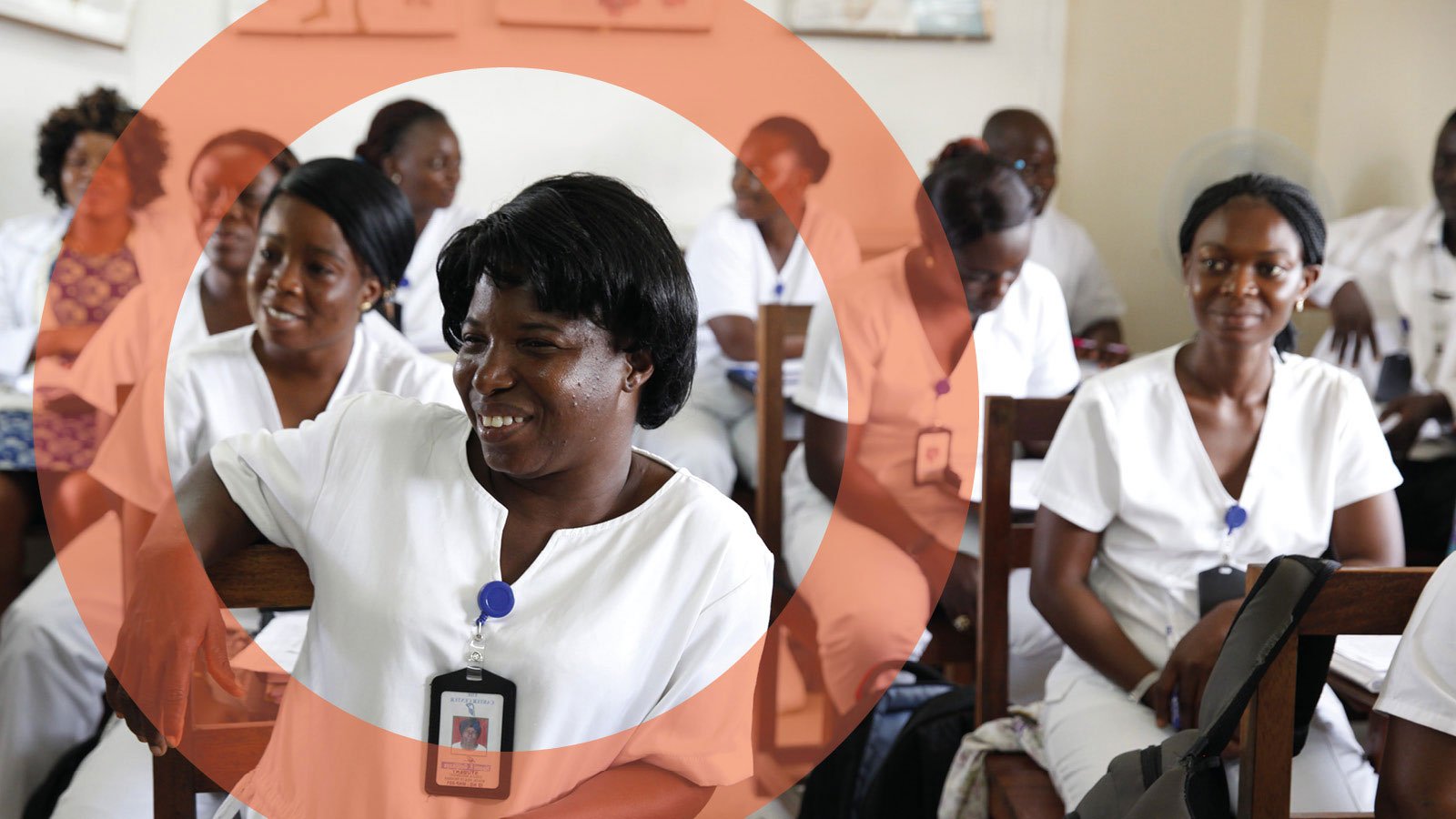
BLOGS
The Centre is pleased to welcome new specialists to its team
We are excited to announce that Theodore Talbot, Cristina Stefan, Omaira Chaudhry and Jessica Texter will be joining the team bringing years of experience across a diverse range of sectors.
What the funding response to the crisis in Ukraine tells us about the state of crisis financing
The war in Ukraine has led to an estimated 24 million people in urgent need of humanitarian assistance. Nearly 6 million refugees have fled Ukraine and close to 8 million people have been displaced within the country. Infrastructure has been devastated. This blog by Michèle Plichta reflects on the international crisis financing response to date and what this tells us about the state of how the world pays for disasters.
Pre-agreed disaster risk finance: the agenda women’s advocates should be influencing
Mairi Dupar, Senior Technical Advisor for ODI tells us why the emergent pre-agreed disaster risk finance agenda cannot afford to be gender blind and calls for DRF mechanisms which bring transformative benefits to women and girls.
Will the World Bank’s IDA20 replenishment help low-income countries stay one step ahead of disasters?
When the Centre for Disaster Protection convened the Crisis Lookout Coalition in January 2021, it challenged the international system, and the donors that sustain it, to ensure that, wherever possible, finances to pay for disasters are arranged in advance. In this blog, three things the World Bank’s IDA replenishment and its stakeholders could do to play their part in making the international crisis financing system smarter, faster, and better targeted.
IDA20 replenishment - time to redesign international aid architecture
Responding to recent IDA20 replenishment announcement, the Centre’s Daniel Clarke says it’s time to look through a different lens and shift the coversation to what’s really needed.
Climate impacts on the front line: lessons from the DIRISHA project for pre-prepared finance
In the African drylands of the Sahel region and Horn of Africa, the climate crisis exacts a punishing toll. Drought and food insecurity challenges, landscape modification and settlement expansions have been compounded by the pandemic – and socioeconomic development is threatened. Amongst those worst affected by climate change are pastoralists, who rely on herding livestock across Africa’s arid and semi-arid lands for their livelihoods.
Did COP26 mark the beginning of the end for the disaster begging bowl?
In the month that has passed since leaders met in Glasgow, there has been a lot of discussion on the successes and failures of this year’s COP – without doubt the most important dialogue on climate to date. The make-or-break summit had all the key ingredients you would look for in a recipe for change but in the end, the agreements were somewhat half-baked, with leaders and policy makers now under pressure plan how to go further and faster.
Opinion: We must ditch the ‘begging bowl’ approach to crisis finance
Former Ethiopian Finance Minister and Centre Board member, Ato Sufian Ahmed Beker, reflects on his experiences of crisis finance and how the COVID-19 pandemic has demonstrated that the international aid system — which many low-income countries rely upon to help pay for disasters — is no longer fit for purpose.
Putting disaster risk at the heart of climate finance
One of the big debates at this week’s pivotal UN climate summit in Glasgow will be the size and shape of the package of finance to help low income countries adapt to the devastating effects of climate change. One particular area of concern is whether money is making its way to the least developed group of countries (LDCs) and those places that are particularly vulnerable to climate shocks.
Welcome to our new Board
The Centre is delighted to announce a new non-executive Board made up of nine members. These expert voices from a range of sectors and a diversity of experience will provide challenge, oversight and strategic support of the Centre’s mission and in line with its values of impartiality, quality, creativity and empowerment.
Catastrophe risk insurance makes its biggest payout ever following Haiti disaster - but is it enough?
The Haiti earthquake is the latest tragedy to befall a beleaguered nation still in recovery from previous disasters, not least the devastating 2010 quake. While the road to recovery will be long, the country has already benefited from a relatively new approach to funding such disasters that saw life-saving international financing delivered within two weeks of the initial shock. This quick response is far from the norm, but it shows that how the world pays for crises is evolving and modernising.
IPCC Climate Report 2021: Our reaction
Responding to today’s IPCC’s Sixth Assessment Report, Climate Change 2021: The Physical Science Basis, the Centre’s Daniel Clarke calls on world leaders to urgently tackle climate risk.
Crisis funding – how much do we really know?
By Debbie Hillier: “I’ve been working in humanitarian policy for twenty years and assumed that for the most part, I knew how emergencies were funded. After all, the ability to put pressure on funders for more money and to find creative ways of doing so is a critical element of a humanitarian policy adviser’s job. However, after recently working on a study for the Centre for Disaster Protection and Development Initiatives, looking at funding flows to nine crises, I was surprised to find some of my assumptions challenged.”
Exploring a role for triggers and risk-informed financing in complex crises: COVID-19 as a case study
In this blog, Conor and Chris reflect on a short report which presents a retrospective analysis of IRC’s approach to financing the first nine months of the COVID-19 outbreak; and an analysis to identify, develop and appraise possible trigger mechanisms to support decision-makers and lay the foundation for further risk-informed financing.
Realizing the Crisis Preparedness and Response Ambition of IDA20
Covid-19 has been a stark reminder that ending extreme poverty requires protecting gains during crises as much as making progress during better times. Thus we welcome the announcement in April that as the World Bank raises funds for IDA20, supporting countries to prepare for crises will be a major cross-cutting emphasis.
UK and Germany announce new G7 package of funding to keep people safer from disasters
The G7 communique states that G7 members have committed hundreds of millions worth of new financing for early action, disaster risk, and insurance.
New funding to boost disaster response
The UK’s International Champion on Adaptation and Resilience for the COP29 Presidency, Anne-Marie Trevelyan, announced that the Centre for Disaster Protection will receive additional support of £5 million from the Foreign, Commonwealth and Development Office (FCDO). Read on for full details…
G7 Foreign and Development Ministers Meeting: Our reaction
The G7 Foreign and Development Ministers meeting concluded yesterday with the release of a full read out of Ministerial commitments. Here, Daniel Clarke responds to agreements made on Disaster Risk Financing by calling on the G7 to agree clear solutions that reduce the cost of disasters and improve community preparation and resilience.
The importance of being timely in climate disaster response
In 2020, Bangladesh experienced the second highest recorded floods since 1989. In this blog, we summarise findings from the first large-scale evaluation that tests the impact of humanitarian cash transfers in response to a sudden climate shock, and the importance of being timely for an impactful response.
Revealed: international aid to crises, including covid, marred by delays, debt, and deficits
New study, released by the Centre for Disaster Protection, shows consistent failure to prepare international aid before disasters strike, even when we can see a crisis coming, is putting lives at risk.


